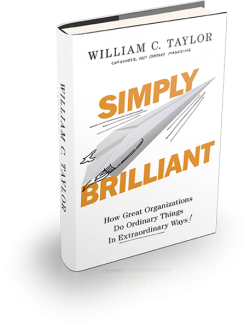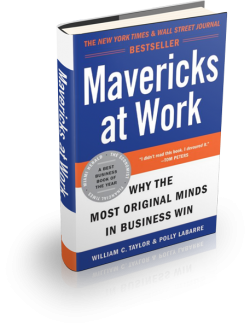Recently, I’ve started thinking about something Bruce Springsteen used to say back in the 1980s, because it seems so relevant to what we’re going through as a country, an economy, and as businesses today. During the height of the Born in the USA craze, when Ronald Reagan dominated American politics and Bruce ruled the cultural landscape, he ended his live shows with a simple admonition that was easy to miss amidst the screams of tens of thousands of delirious fans. “Remember,” he’d tell the crowd, “nobody wins unless everybody wins.”
I wish more of us could remember that admonition today. The story of America since the 1980s has been one of huge gains flowing to a tiny segment of the population, with the vast majority barely holding its ground. Through good times and bad, boom and bust, the richest of the rich have been getting richer, while most everyone else has barely gotten by.
What I find so unsettling about the explosion of inequality in the nation is that it flies in the face of everything I’ve learned about what it takes to build a prosperous organization. The most successful companies I’ve gotten to know understand that they create the most value when people at every level share in the value they help to create. That’s why Silicon Valley upstarts are so committed to granting stock options up and down the ranks. It’s also why great old-line companies such as Southwest Airlines, Publix Supermarkets, and W.L. Gore are built around an “ownership culture” that shares the wealth with rank-and-file employees—and shares all kinds of data to help employees run the business.
We know what works inside our best companies—giving as many people as possible a piece of the action, allowing everyone to “share the wealth” they help to create. And yet, as a nation, we have been unable for decades to address the causes and consequences of the “winner-take-all” ethos that is skewing our economy and tearing at our society. That’s the unfinished business of our country—and a pressing challenge for thinkers, innovators, and leaders everywhere.
Here’s my longer take for HBR on this subject.


